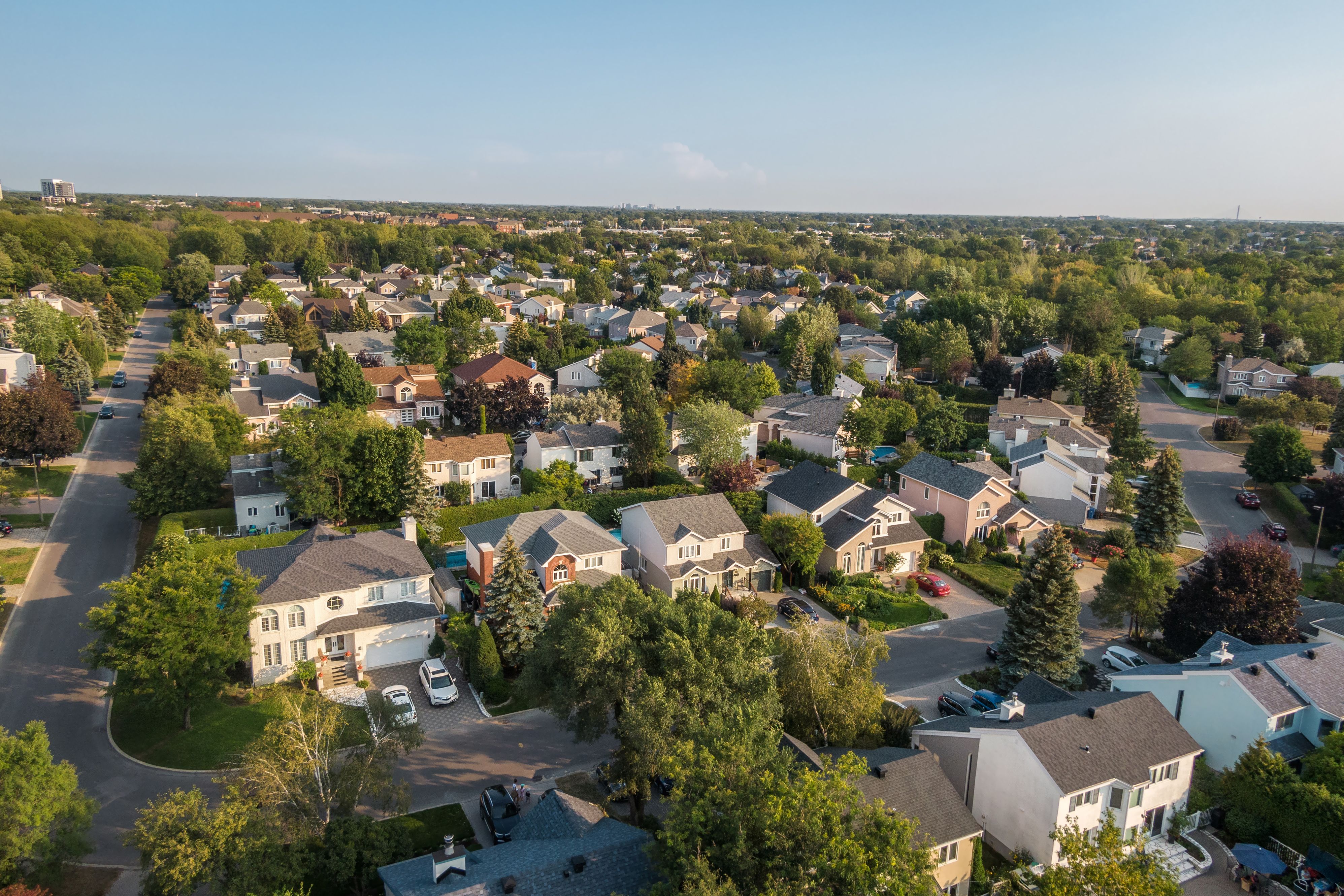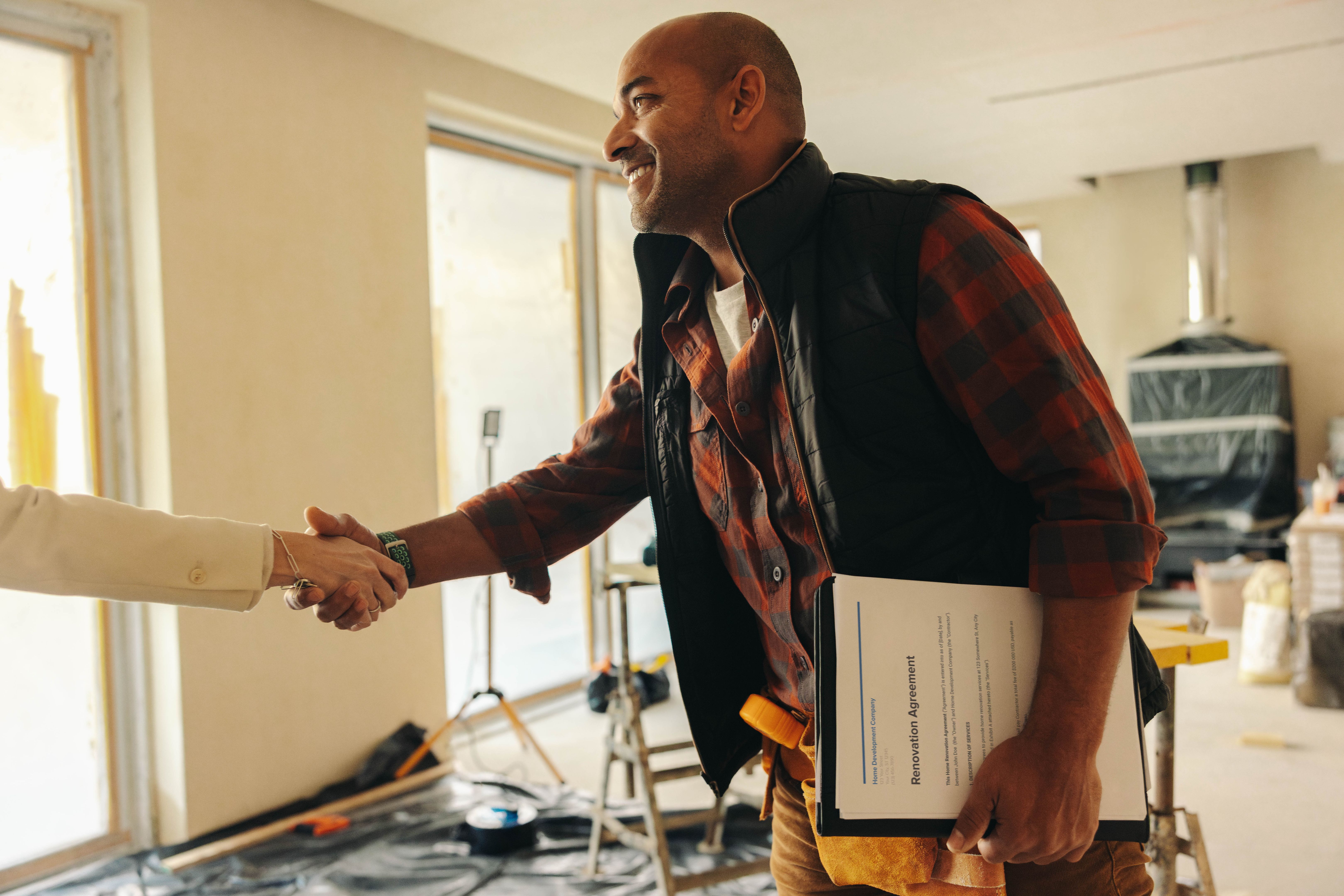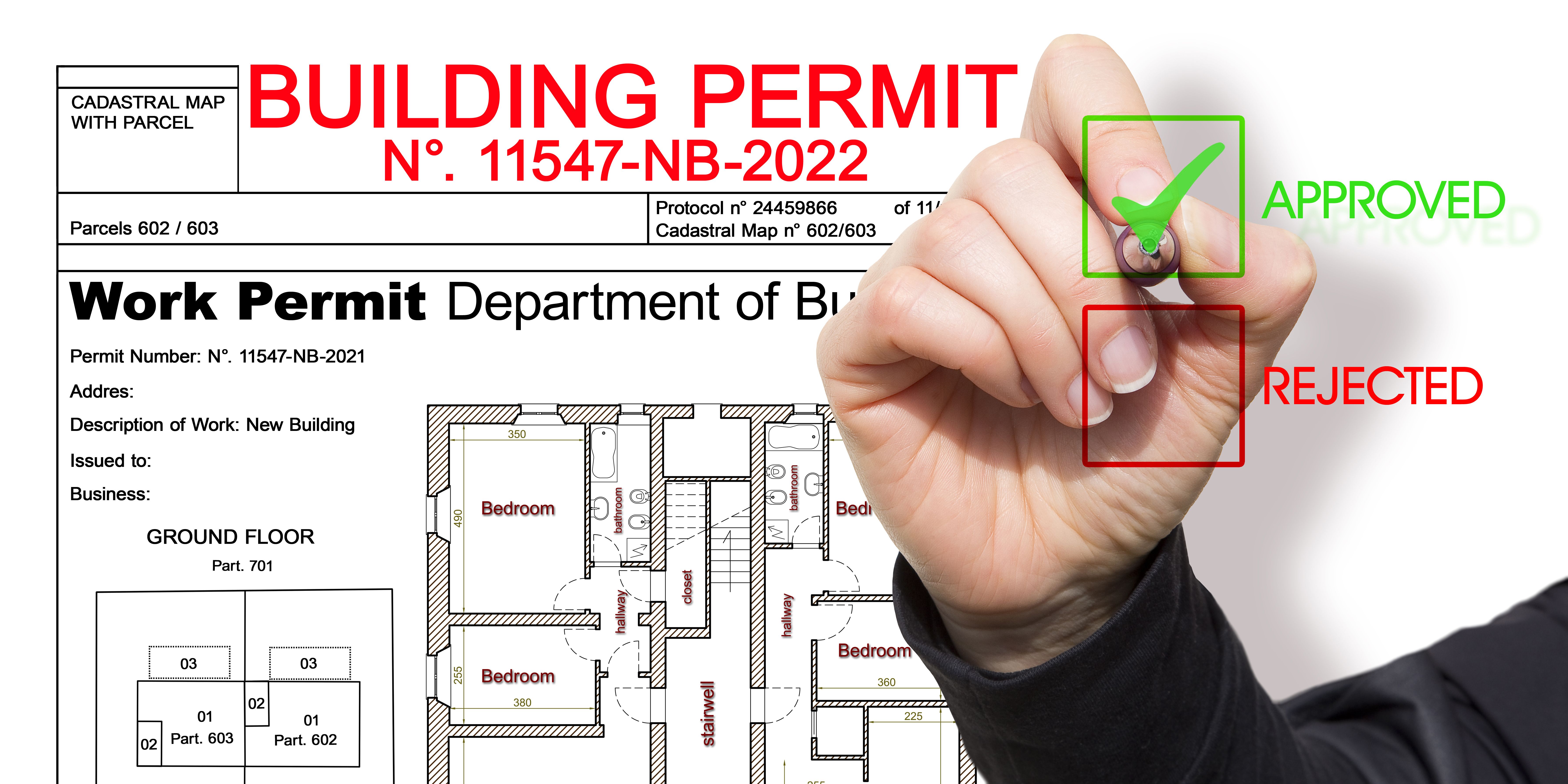Key Considerations for Building or Remodeling Your Home
T3
Understanding Your Budget
When embarking on a journey to build or remodel your home, the first and most crucial step is understanding your budget. Knowing how much you can afford will guide every decision you make throughout the process. Begin by setting a realistic budget that includes not just the construction or remodeling costs but also additional expenses like permits, design fees, and contingencies. It’s important to have a financial cushion for unexpected costs.
To ensure your project stays within budget, consider consulting with a financial advisor or contractor. They can provide valuable insights on cost-saving strategies without compromising quality. Remember, while it's tempting to opt for the highest-end materials, there are often more affordable alternatives that offer similar aesthetics and durability.

Choosing the Right Location
Location is another critical consideration when building or remodeling your home. Whether you’re selecting a plot of land or updating your current residence, the location can significantly impact your home's value and your quality of life. Consider factors such as proximity to work, schools, amenities, and public transportation.
Additionally, research the neighborhood’s future development plans. Understanding zoning laws and potential new developments can help you make informed decisions about your investment. A location that is rapidly growing or undergoing revitalization could increase your property’s value over time.

Design and Functionality
The design of your home should reflect both your personal style and functional needs. It’s essential to think about how you use your space daily and what features are most important to you and your family. Are open floor plans important? Do you need a home office or a large kitchen? Addressing these questions early can help guide your design choices.
Work with an architect or designer who understands your vision and can bring it to life while ensuring the layout maximizes functionality. Consider future needs as well; planning for potential family growth or aging in place can save significant renovation costs down the line.

Sustainability and Energy Efficiency
Incorporating sustainable practices and energy-efficient solutions into your home building or remodeling project is not only environmentally responsible but can also lead to cost savings over time. Consider installing solar panels, energy-efficient windows, and smart home systems that optimize energy use.
Using sustainable materials for construction, such as reclaimed wood or recycled metal, can reduce your carbon footprint. Additionally, these choices often enhance the aesthetic appeal of your home, blending modern design with eco-friendly practices.

Selecting a Trustworthy Contractor
Your choice of contractor can make or break your building or remodeling experience. It’s crucial to select a contractor who is reputable and has a proven track record of quality work. Start by asking for recommendations from friends or family and read online reviews.
Before hiring, ensure they are licensed, insured, and experienced with projects similar to yours. A good contractor will communicate clearly, provide detailed estimates, and adhere to timelines. Building a strong working relationship with your contractor can lead to a smoother process and a more satisfying outcome.

Legal and Permit Considerations
Before construction begins, ensure all necessary permits are secured. Building permits are legal requirements that ensure your project complies with local safety codes and regulations. Ignoring this step can result in hefty fines or even having to halt construction.
Consult with your contractor or a legal advisor to understand what permits are needed for your specific project. They can help navigate the process efficiently, ensuring all paperwork is in order before groundbreaking begins.

